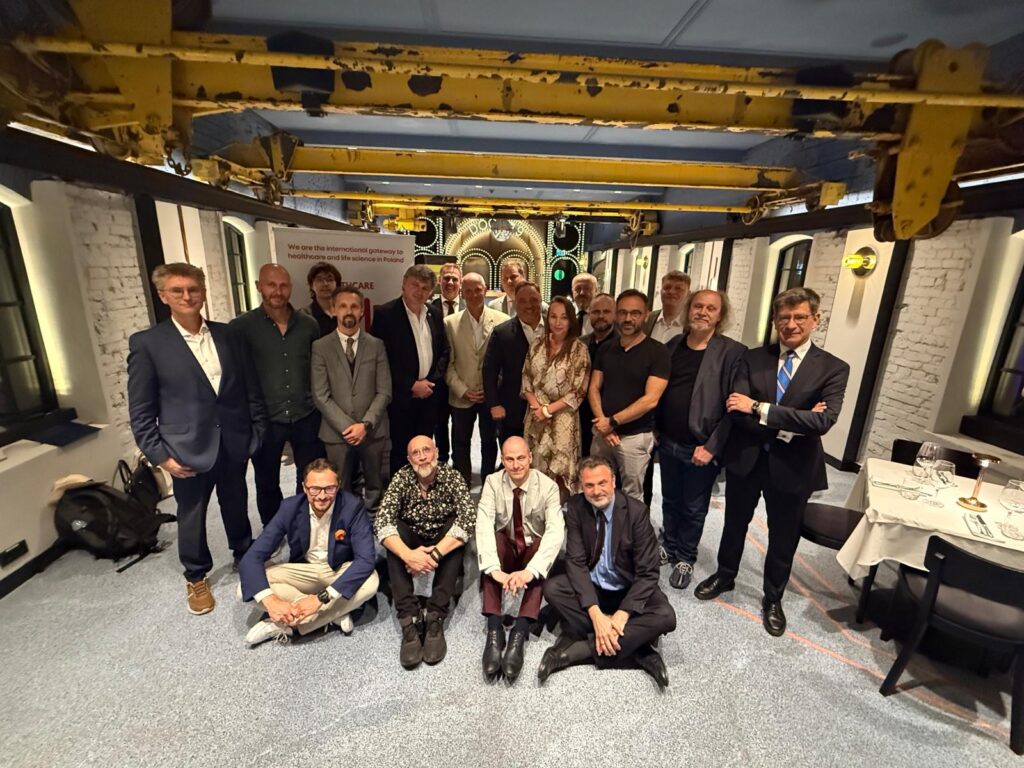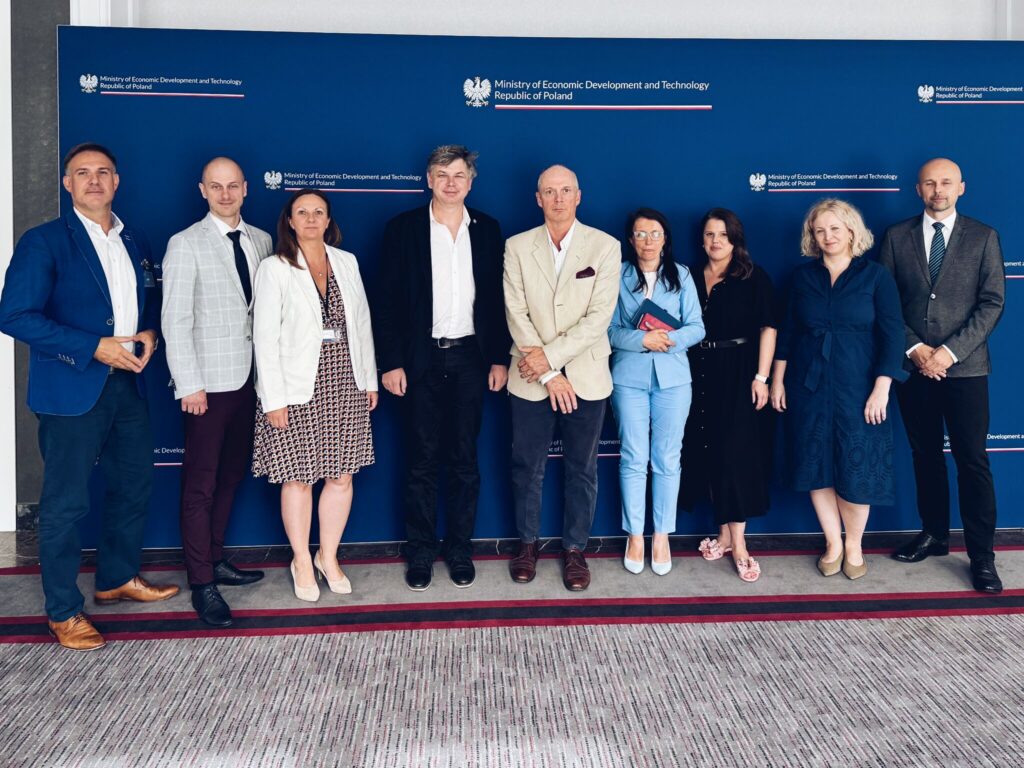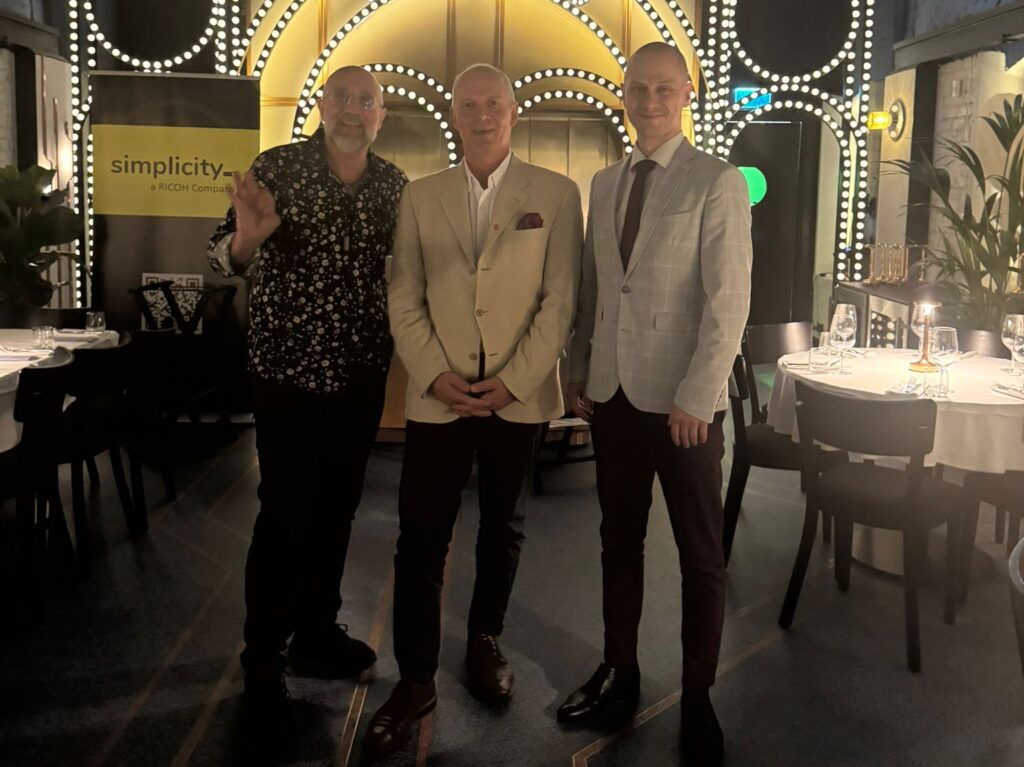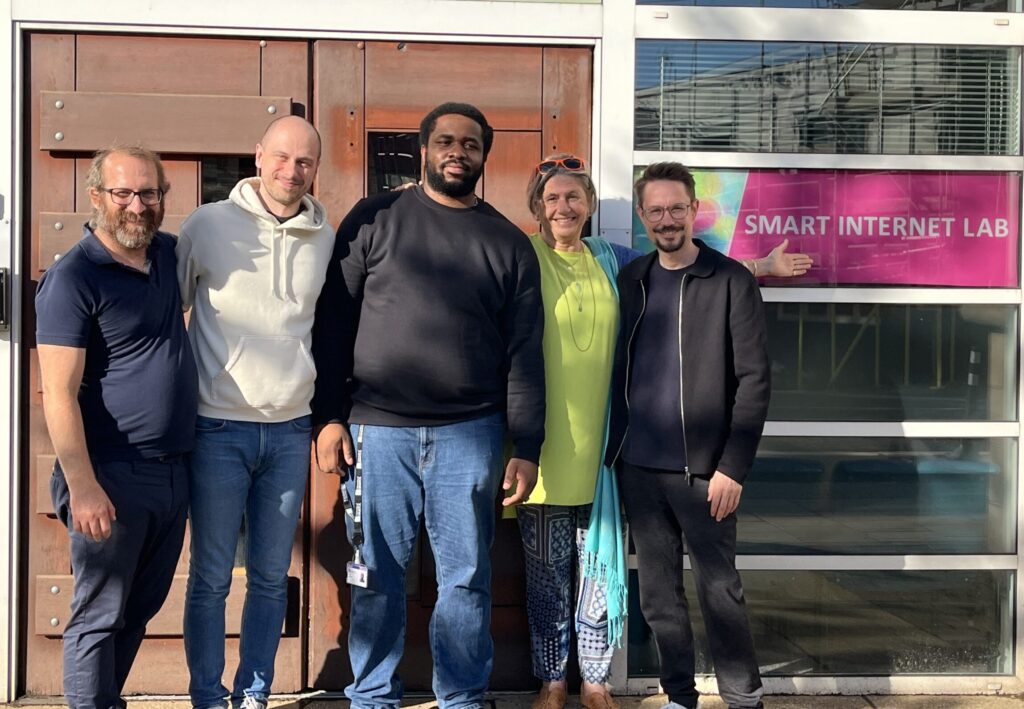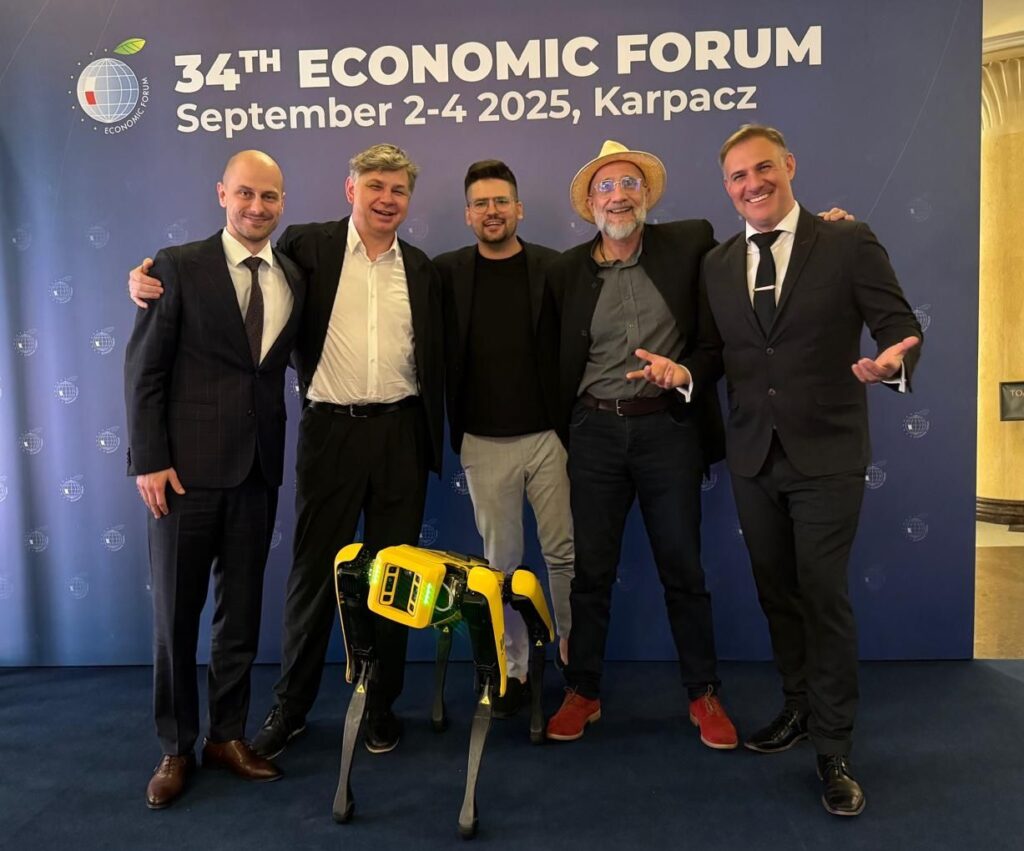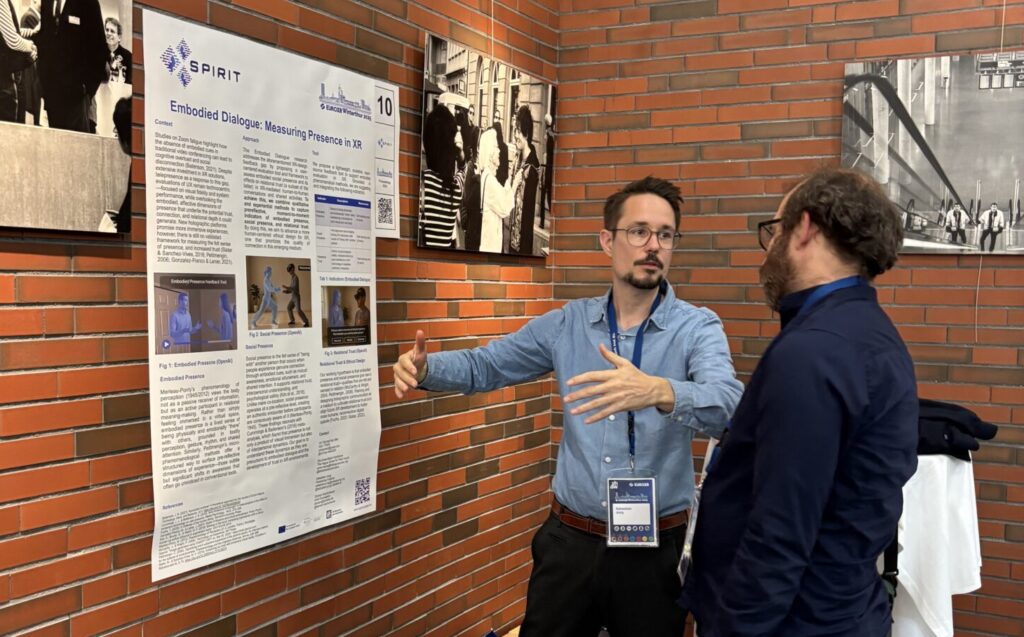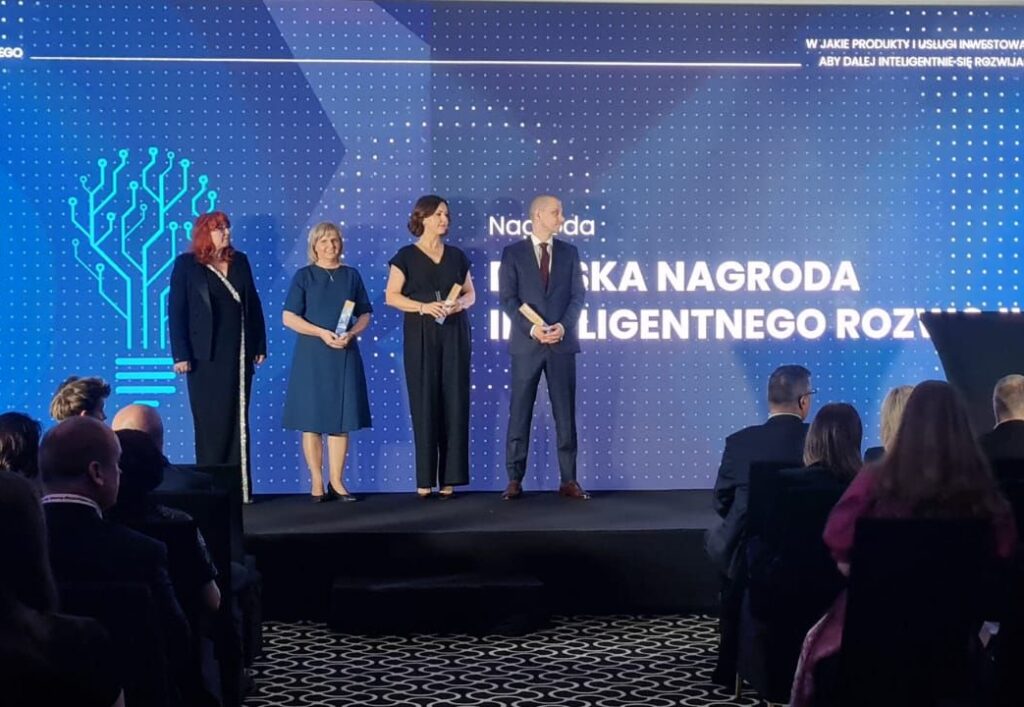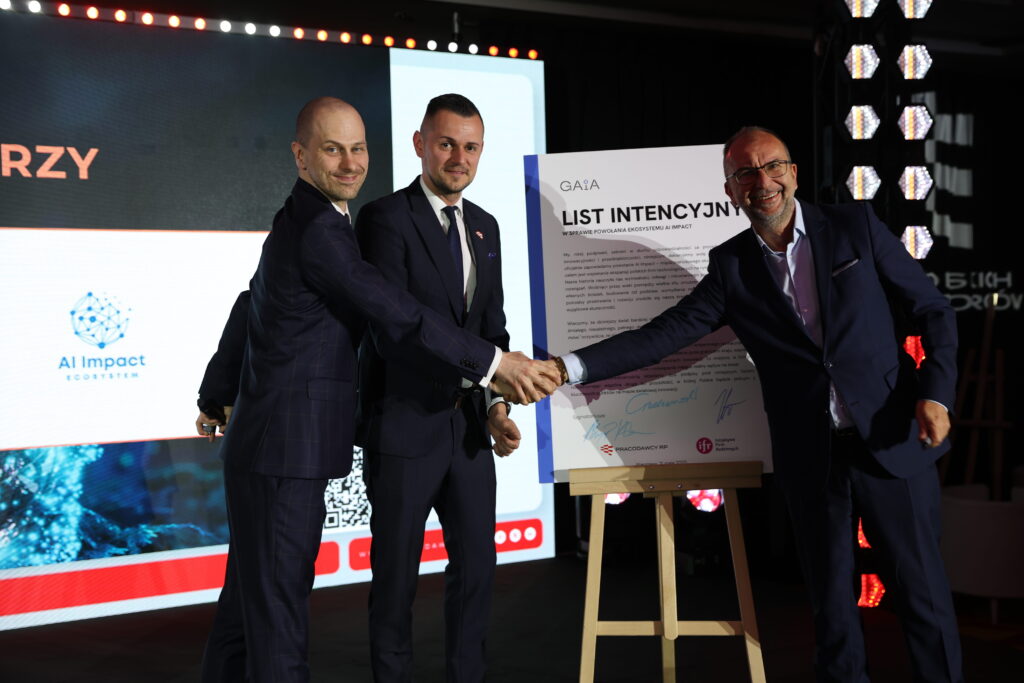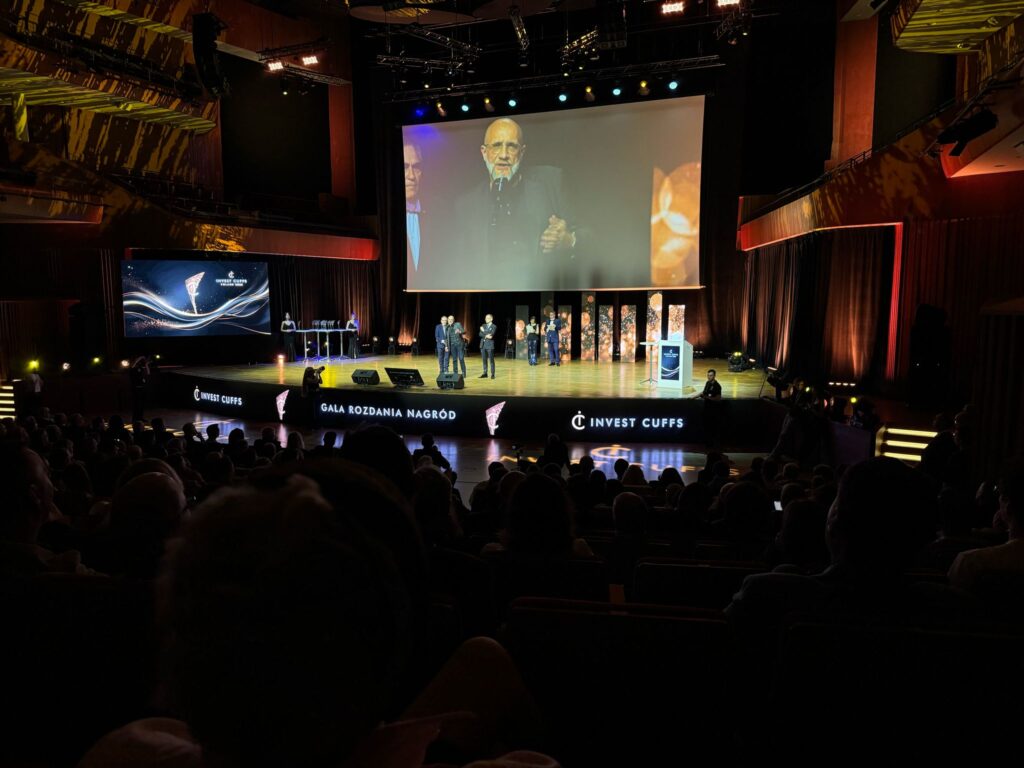Warsaw, 13 August 2025 — Warsaw welcomed Ludvig Nobel for a day that joined vision with execution. Invited by the GAIA Foundation, Mr. Nobel met with leaders at Poland’s Ministry of Economic Development and Technology (MRiT) and, that evening, took part in an inaugural dinner launching the GAIA Institute, co-organized with the Healthcare Poland Foundation. It was not another conference; it was the moment Poland’s science, business, and public sector outlined a common course—bold, accountable, and built for generational continuity.
At the Ministry, the message that set the tone for the entire visit was clear: “To combine the wisdom of older generations with the energy of the young, using AI and science to strengthen understanding of more than 70 years of peace in Europe and to advance health and longevity.” That idea finds concrete expression in the GAIA Institute—a new hub placing people and the common good at the center of technological change. The Institute exists to accelerate the path from research to deployment, reduce regulatory risk, and deliver proven solutions in public health, education, and social resilience.
The Institute’s strategy rests on four tightly connected pillars that translate ambition into measurable results. AI and robotics, led academically by Prof. Włodzisław Duch, will focus on responsible AI and cognitive systems that augment human capabilities at work, in education, and in care. Medtech and medicine, steered by Prof. Jarosław J. Fedorowski, will improve patient safety and clinical outcomes—from AI-assisted diagnostics to the digital maturity of hospitals. Peace initiatives, inspired and championed by Ludvig Nobel, will turn the values of dialogue and cooperation into programs for schools and communities, including “peace-tech” tools that speak the language of the young. Technology transfer, coordinated by the GAIA Institute with academic, business, and government partners, will create fast lanes from labs to real-world implementation through scouting, IP due diligence, regulatory sandboxes, and first-in-kind pilots.
The value for stakeholders is direct and quantifiable. For academia, it means a shorter route from publications to industry and access to international consortia. For the health system, it brings pilots that tangibly raise care quality and data safety, with impact captured by clinical indicators rather than promises. For business, it creates clear R&D collaboration frameworks, lowers compliance risks, and speeds time-to-market. For the state, it strengthens technological sovereignty and investment attractiveness. For society—and especially for younger generations—it opens new pathways for education, work, and entrepreneurship in the highest value-add domains. Peace, health, and longevity are the three words anchoring our decisions and priorities.
Across 2025–2026, the GAIA Institute will launch the “Wisdom & Energy” intergenerational mentoring program, where matching algorithms and evaluation tools power real mentor–learner tandems; assemble a peace-tech toolkit—VR experiences, short-form video, and games—that helps young people engage with history and use technology responsibly; and begin hospital pilots for AI in diagnostics and triage, advancing standards for data security and transparent assessment of treatment outcomes. The goal is simple and rigorous: turn vision into verifiable results—and scale those results through European programs and international projects.
The inaugural dinner gathered leaders from science, administration, and innovation, including Jerzy Małachowski(NCBR), Łukasz Gołota (NAWA), Włodzisław Duch, Przemysław Biecek, Paweł Holas, Konrad Maj, Tomasz Jeruzalski, Piotr Senkus, Edi Pyrek, Michał Dybowski, Robert Kroplewski, Damian Ciachorowski, Mateusz Pyrek, Radosław Jarecki, Maciej Biesiada, and Marek Kacprzak (PR Director, NCBR). This constellation of roles and competencies underscores that the GAIA Institute is not the project of a single organization, but a platform for joint action—from idea to implementation.
The GAIA Foundation and Healthcare Poland Foundation confirmed readiness to collaborate with domestic and international partners and invited proposals across AI and robotics, medtech, peace-tech, and technology transfer. It is an open invitation to a table where the future is designed responsibly—with people, country, and planet in mind.
